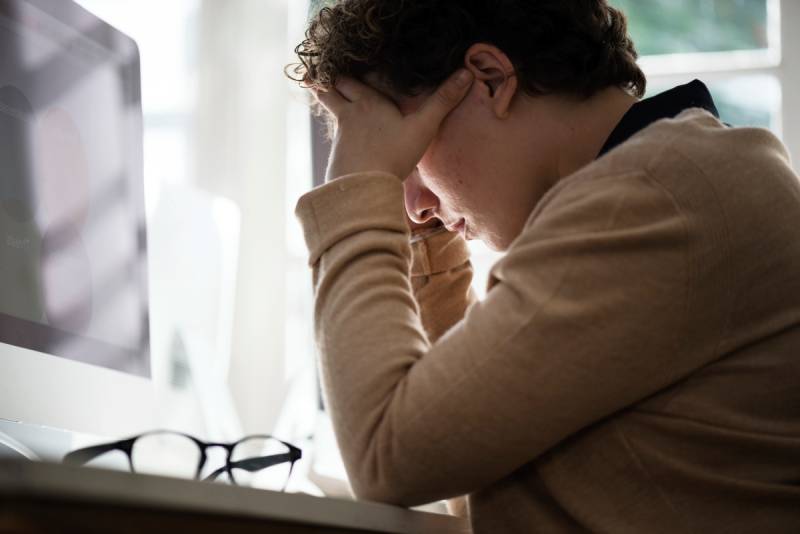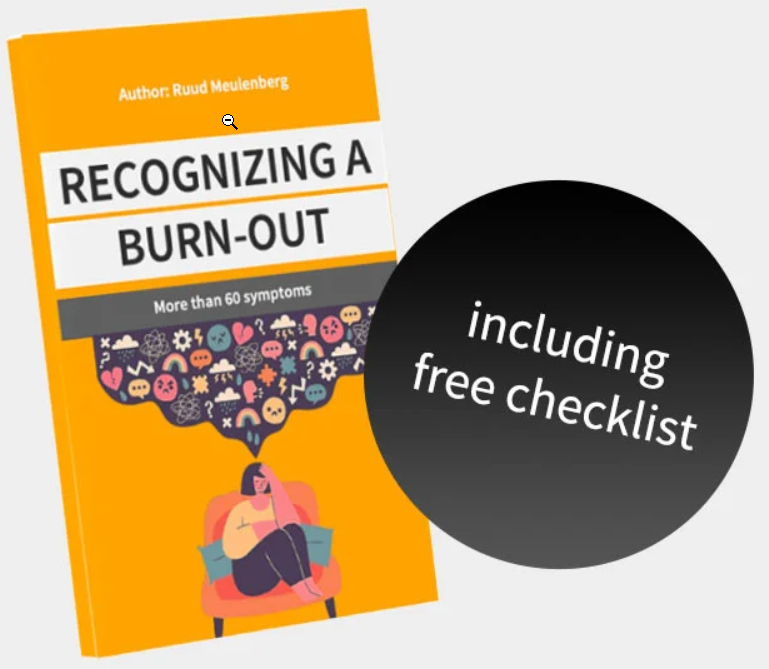If you thought this blog was about a simple issue of stress you were mistaken. Our body’s responses to stressful stimuli, both internal and external, are exceedingly complex. You can’t eliminate stressful situations. They are is part of our life. Not all of it is bad. However, there is a simple clue to dealing with them. Put simply, you need to eliminate or manage stressful stimuli. But how can relaxation helps us after a long day? And beyond that, What are the other measures we can take to deal with the symptoms?
What is stress?
Stress is a phenomenon or stimulus that translates into a physiological response in your brain and nervous system. That, in turn, has an effect on just about every organ and system in your body.
Stressful stimuli can emanate from external sources such as injuries, hostile attacks, social challenges, and other life trials and tribulations. They can also be internally sourced from illness, disease, food, alcohol, drugs, etc.
Stressful stimuli can have a good response as well as a bad response. A most essential good response is a protective one. All of us animals have a “flight or flight” response to danger. Danger is a stimulus that triggers it and protects us from danger. Also, stressful stimuli make us more alert to improve our reaction to less dangerous stimuli.
However, stressful stimuli can cause bad responses that lead to physical and emotional pain or other harmful disorders and symptoms.
How does stressful events affect our nervous system?
The principal communication highway for stressful stimuli is the brain and nervous system. Those signals prompt involuntary physical responses.
That highway system is divided into two roads comprised of the autonomic and somatic nervous systems. Your autonomic system controls your body’s physical responses to stressful stimuli. It is controlled by your brain and central nervous system that triggers those responses.
Within your autonomic system, you have the sympathetic system (SNS) and the parasympathetic system (PNS). The SNS controls your fight-or-flight responses. In response to danger, SNS alerts your adrenal glands to release the adrenalin and cortisol hormones. Those hormones cause your heart to beat faster, increase your respiratory rate, dilate the blood vessels in your arms and legs, and elevate your sugar energy, all of which are designed to confront danger.

The purpose of PNS is to make you relax and counteract the SNS effect and facilitate your recovery after the danger has passed. Each stressful stimulus causes an immediate and sudden SNS response, and the PNS system brings us down gently after the danger has passed.
However, a chronic stressful response is prolonged over time. It can result in long-term damage to your body. Your body’s autonomic system keeps sparking bodily reactions which can eventually cause much harm.
The positive vs negative responses to stressful situations
Stressful stimuli can have positive effects as well as negative effects.
Positive effects
Managed stress increases your alertness and enhances your performance. This is because it triggers adrenaline production. For example, a few butterflies before the play may enhance your performance on stage. Pregame jitters get you hyped up and ready to hit the field.
Pressure before an exam might give you a better grade. That’s because stress improves memory by stimulating the growth of stem cells and brain cells.
Negative effects
However, too much stressful stimulus can be harmful. People don’t necessarily respond to it the same way. What’s too much to some may not harm others. Differences in response essentially arise from peoples’ different perceptions of stress. People who, with confidence in their own resiliency, perceive it as a normal part of their lives are less negatively affected by it than someone who sees it as bad.
Stressful situations can have physical, emotional, and behavioral effects. Some of the harmful effects include
• The usual effect is emotional with a feeling of fear and anxiety.
• Physically chronic stress constricts blood vessels leading to cardiovascular disease.
• Too much stressful stimuli can compromise your immune system.
• Post-traumatic stress disorder is clearly linked to traumatic experiences.

Download our
free e-book
Recognizing a burnout
(more than 60 symptoms)
Physical symptoms also include:
• Overly tense muscles
• Muscle aches
• Chest pain from anxiety attacks
• Sleep deprivation
• Headaches
• High blood pressure
• Stomach problems like ulcers and acid reflux
Among the emotional consequences are:
• Depression
• Sadness
• Anxiety
• Panic attacks
Behavioral disorders often are caused by stressful stimuli including
• Unhealthy alcohol consumption
• Eating disorders
• Addictive gambling
• Compulsive sex, shopping, or internet surfing
• Smoking
• Drug abuse
Why is it important to relax after a stressful time?
The most effective way to counter the symptoms is to eliminate the stressful stimuli. The first thing you need to do is activate and supplement your body’s parasympathetic nervous system (PNS).
Parasympathetic nervous system
PNS acts essentially to bring you down from an SNS high. It does that by decreasing your heart and respiratory rates and increasing digestion.
The PNS is activated automatically by your brain. Your PNS nerve system receives signals from your brain and central nervous system by way of two neurons. Some of those signals have vascular effects on heart rate and respiratory rate. They serve to counteract the opposite effects of the SNS system.
Your automatic PNS can be assisted by your actions.
Tips to relax from stress
You can assist your PNS system to bring down your heart rate and respiratory rate. To some extent, it is mind over matter. But physical and breathing exercises can help.
During your breathing cycle, your heart rate elevates when inhaling and decreases when exhaling. Relaxation experts will train you to relax by
• Letting your entire body go limp from your racial muscles to your toes, and then lightly tensing up your muscles, repeating the routine numerous times.
• Managing your breathing cycle to achieve a lower heart rate and reduce the effects of stress.
The breathing exercise is to take a long deep breath, hold it for several seconds, and exhale very slowly. The old saying “take a deep breath and calm down” is an exercise of respiratory sinus arrhythmia.
Your RSA trainer will also ask you to lie down in a supine position on your back to do your routine. RSA increases in that resting state.
A good habit, a few times and a few minutes each day, is to lie in this position (preferably quietly in the dark) and do the breathing exercises and relaxation exercises. Soothing music also helps.
Signs that it is time for to relax
You know it’s time when your symptoms start to adversely affect your lifestyle or health. If it’s that time you must start a daily relaxation routine.
Can we help you?
Leave us your information and one of our coaches will contact you in 24H

If it’s beyond that time, and the stress has caused you to adopt unhealthy behavioral patterns, it’s time to seek outside help such as a stress therapist or psychiatrist.
What not to do to combat stress
Many people attempt, consciously or unconsciously, to manage it with negative coping habits. They include:
• Excessive alcohol consumption
• Smoking
• Drug abuse
• Chewing your fingernails
• Being aggressive with someone or something
• Solitude or avoiding family or friends
Don’t do those things. Some give short-term relief, but in the long run, they are counter-productive if not very harmful.
Where can I get help to recover from stress?
Stress management therapy employs techniques and programs designed to reduce or cope with it. It can include psychotherapy and relaxation training.
The benefits of stress management therapy are
• Better sleep
• Improved mood and emotional health
• Increased productivity
• Improved immune system function
• Improve physical health
• Lower blood pressure
These steps can still be a bridge too far and a having a coach or a close friend that takes the time to listen and just air the things that stress you can be a huge help.
FAQ
References
- Wikihow.com – How to Relax After a Long Day – Found on 04-11-2022
Link to page on wikihow.com - Zenhabits.net – 12 ways to decompress after high stress – Found on 04-11-2022
Link to page on zenhabits.net - Health.harvard.edu – six relaxation techniques to reduce stress – Found on 04-11-2022
Link to page on harvard.edu






